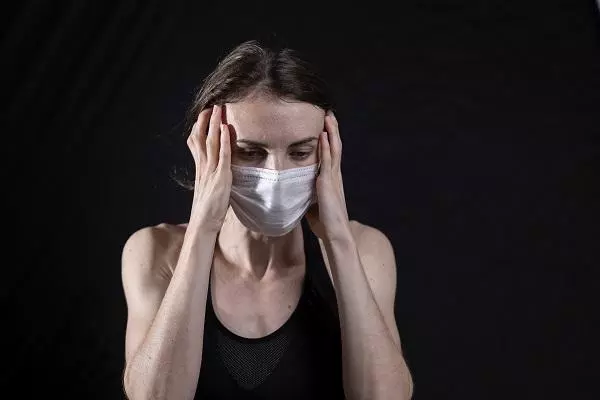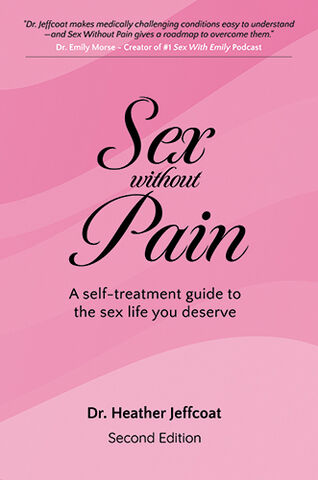You may have heard that chronic stress takes a toll on your body. But did you know how chronic stress affects your sex life?
What is chronic stress?
Chronic psychosocial stress is defined as either a major life event that takes place over a long period of time (ie. death of a family member) or small stressors that are constant and often accumulate (ie. traffic, financial worries, work deadlines).1,2 A study by Allen Kanner, Ph.D, published in the National Library of Medicine, found that these small stressors can have more of a negative effect on health than the more severe but less common stressors.1
How does chronic stress inhibit sexual arousal?
Chronic stress can inhibit sexual arousal by affecting hormones and emotional wellbeing and leading to cognitive changes. Stress can raise a hormone called cortisol. When cortisol levels are high there is a decrease in two important sex hormones: testosterone and estradiol. These hormones are important for genital arousal in women.3,4,5 Increased blood pressure is also commonly linked to increased stress which can decrease blood flow throughout the body.6 This could in turn inhibit blood flow to the genitals which may interfere with genital arousal. The emotional and cognitive changes that happen with chronic stress can distract a person from sexual cues towards the stressors, impacting sexual arousal.7
A study by Hamilton et al., found that women reporting high levels of stress had lower levels of genital arousal in response to an erotic film than women reporting average levels of stress. The women in the high stress group also had higher levels of cortisol. In this study, distraction increased in the high-stress level group compared to the average stress level group.8
How should your chronic stress be addressed?
Chronic stress plays a big impact on sexual function and is a component that must be addressed to restore a normal sex life. It can be helpful to find a sex therapist or marriage and family therapist that can help guide you in this process. Many times it is not just a physical barrier and patients do well with seeing both a pelvic health physical therapist and a psychotherapist to help address sexual dysfunction. We can help guide you in seeking out your team. Stay tuned for our upcoming article on Mental Health and Sexual Pain!
References
1Kanner AD, Coyne JC, Schaefer C, Lazarus RS. Comparison of two modes of stress measurement: Daily hassles and uplifts versus major life events. J Behav Med. 1981;4:1–39.
2Lazarus R. Puzzles in the study of daily hassles. J Behav Med. 1984;7:375–389
3Traish A, Kim N, Min K, Munarriz R, Goldstein I. Role of androgens in female genital sexual arousal: receptor expression, structure, and function. Fertil Steril. 2002;77(Suppl 4):S11–8
4Traish AM, Botchevar E, Kim NN. Biochemical factors modulating female genital sexual arousal physiology. J Sex Med. 2010;7:2925–2946.
5Tuiten A, van Honk J, Verbaten R, et al. Can sublingual testosterone increase subjective and physiological measures of laboratory-induced sexual arousal? Arch Gen Psychiatry. 2002;59:465–6.
6Bonne O, Grillon C, Vythilingam M, Neumeister A, Charney DS. Adaptive and maladaptive psychobiological responses to severe psychological stress: implications for the discovery of novel pharmacotherapy. Neurosci Biobehav Rev. 2004;28:65–94.
7Lazarus RS. Psychological Stress and the Coping Process. New York: McGraw Hill; 1966.
8Hamilton LD, Meston CM. Chronic stress and sexual function in women. J Sex Med. 2013;10(10):2443-2454. doi:10.1111/jsm.12249













